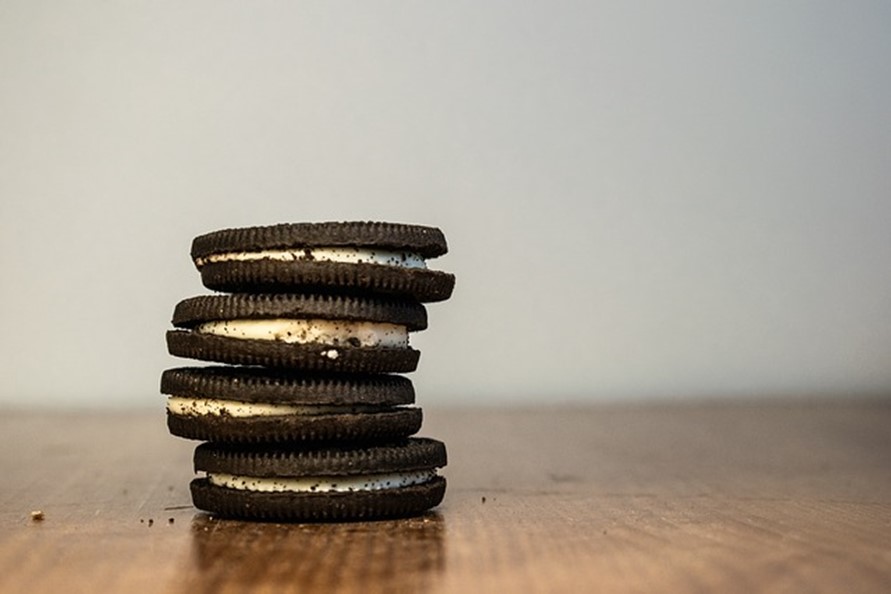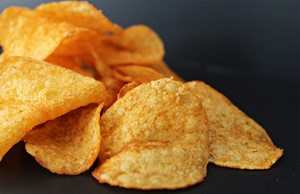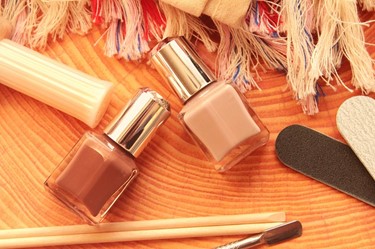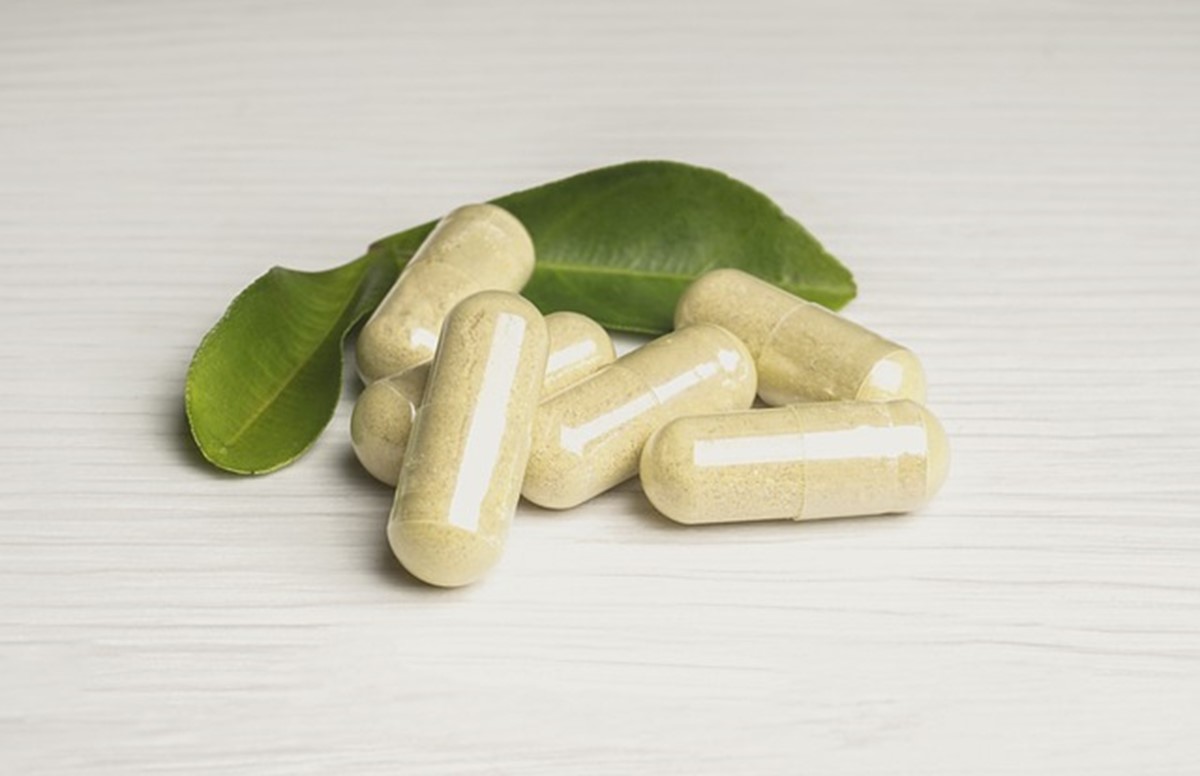
Halal Consumers’ Secret Wish List of Halal Certified Products
Near the top of the list of foods Halal consumers wish were certified is Oreos! The subject of a Twitter storm in 2019, these popular chocolate cookies are one of the most frequently asked about products when it comes to Halal certification. While the ingredients in the classic cookies are all Halal suitable, the company confirmed that the product is not Halal-certified. Many Muslims were disappointed to hear this, hoping for the peace of mind that certification provides.

Halal Junk Food
Oreos are far from alone in terms of wished-for junk foods. Popular snack foods like Doritos, Cheetos, and more are typically not certified and may not be Halal suitable, for a variety of reasons. They may share production lines with pork-containing ingredients, contain pork-derived enzymes, or use cheese that is not Halal certified. They also contain “natural and artificial flavors,” which doesn’t specify origin and thus brings up many questions about permissibility. Many salty, cheesy snacks can be made in a Halal way, using certified ingredients and keeping production lines separate from any pork-containing products. Hopefully we will see Halal options for these craveable foods in the near future!

Halal Fast Food
Fast food and other restaurant options are an often wished-for Halal option. Eating out can be anything from a quick convenience to a luxurious treat, but no matter what, it’s an experience everyone wants to be able to enjoy. Many people would love to be able to occasionally grab a burger or tacos from popular chain restaurants but avoid them due to the use of non-Halal beef and chicken as well as the cross-contamination with pork products. Of course, Halal-certified fast food is the norm in Muslim-majority regions of the world. While Muslims don’t eat pork, all kinds of delicious beef and chicken dishes are on the menu, from subs to American-style pizza. And while, yes, you can buy Halal certified chicken and make it at home, it’s hard to get it just like your favorite fried chicken joint. Some exceptions exist with places like The Halal Guys in select locations and the ever-present Halal food carts on New York City street corners. So fast food favorites definitely make the list!

Halal Fine Dining
Halal-certified fine dining options also make the wish list. While some Muslim diners feel comfortable going out to eat and seeking out vegetarian dishes made without alcohol, others feel that with the potential for cross-contamination and lack of understanding of Halal specifications among restaurant staff, there is simply too much room for doubt. A wider range of upscale Halal options might be very popular in cities with high demand for Halal products.
Halal Supplements & Personal Care
In addition to Halal food, there is a lot of interest in Halal-certified supplements, such as vitamins and nutraceuticals, and cosmetic products including makeup, nail polish, and hair care. Many Muslims want to be able to paint their nails, wear makeup, and style their hair without worrying that the products contain prohibited or harmful ingredients. While there is a growing list of companies offering Halal-certified makeup, including 786 Cosmetics, Vivre, Shade M, Halal Beauty Cosmetics, and Claudia Nour, they are not always widely available and may not carry a favorite shade or color. As a result, many Muslims wish that popular brands would consider adding Halal certification so they can choose from the full range of options.

Especially among young people, there is also a growing interest in healthy lifestyle products. Protein supplements like whey and collagen are extremely popular, and being animal products, would need Halal certification to be acceptable to Muslim consumers.
There are growing markets for protein supplements around the world, and Halal certification could offer a distinct advantage when marketing to Halal-focused consumers in Asia and the Middle East. Supplements that are derived from plants can still be problematic, since gel capsules or additives can be made with gelatin or other animal derivatives.

Since demand for Halal foods and other products is strong and growing, manufacturers would benefit from paying close attention to foods that Muslim consumers wish were Halal. Every request or inquiry about the Halal status of a product likely represents many more; manufacturers can also take note of which products come up frequently in online forums and blogs. Often, Halal consumers reach out to others for information about a product’s Halal certification status, and Halal lifestyle blogs recommend Halal options for commonly sought after products. Quick online searches can provide useful insight and even opportunities to connect with Halal consumers to learn more about their preferences.